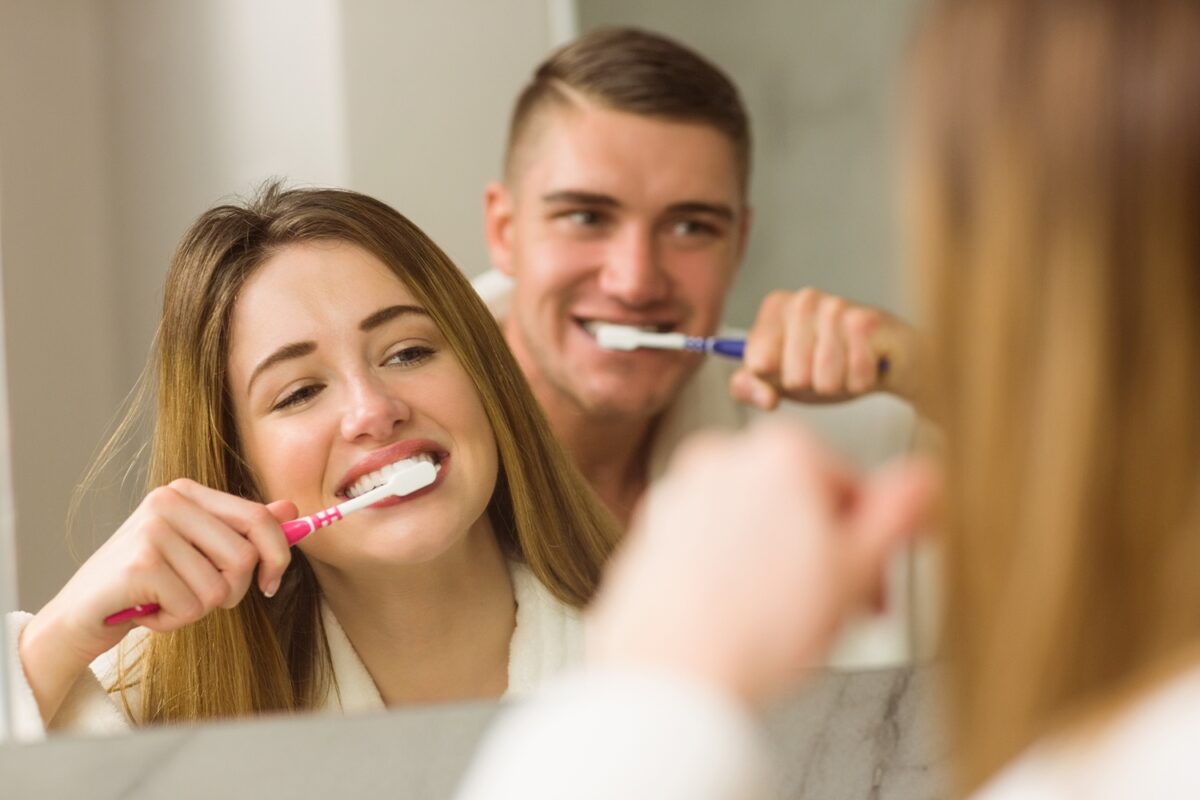The cavities and gum diseases are the results of plaque formation, and this plaque is formed due to the leftover food between the teeth. The leftover food is not cleaned even after the brushing, tempting us to support our dental hygiene with some other element along with brushing.
So, here comes the requirement to floss our teeth. The plaque stays for longer on our teeth and gums; it is hardened by the minerals present in our saliva and a substance named calculus is formed. This calculus is home to various bacteria’s, further leading to gum diseases and is not easily removed by only brushing or flossing.
Why floss
Now, no doubt brushing is an excellent way to clean your teeth, but brushing alone is not enough to keep them in the best condition. This is because brush can’t reach in every corner of your mouth, making flossing necessary for deep cleaning. Besides, flossing has many other hidden benefits-
- For preventive care- No matter how much you care for your teeth, there are always hidden dangers of bacteria’s getting trapped between the teeth.
- Especially when you do not adhere to a proper diet and proper dental hygiene, when you practice flossing correctly, you can remove the hidden debris and reduce the chances of accumulation of bacteria’s.
- Prevent tartar buildup- Flossing removes plaque formation, thus preventing the building of Tartar on the gum line.
- Prevents lousy breath- Flossing daily helps you fight the bad breath by killing the bacteria’s that create bad odour.
How should you floss?
Now the critical question is, what is the right time and method to floss? Well, many people are accustomed to brushing and then flossing, but it is not that effective as with this procedure, the debris released by flossing remains in the mouth only. Whereas when you first floss and then brush, you can easily remove the released particles. For further clarity on the procedure have a look on the flossing instructions given below-
- Step1-Break off around 18 to 24 inches of floss and wind it around the middle fingers of your both hands. Leave 1-2 inches of floss for the teeth.
- Step2- Grip the floss between your thumb and forefinger.
- Step3- Gently rub the floss between your teeth. (Note- Do not snap it into gums)
- Step4- When the floss reaches your gums; bend it from the base to form a C so that it enters between the teeth and gum.
- Step5- Hold the floss tightly and rub it against the side of the tooth. Repeat the same procedure for every tooth and use a new section of floss for each tooth.
It is imperative to follow these steps sincerely. Keep in mind that the flossing should not be too hard or too gentle. In both cases, you will not get the desired results. Plus, there are various types of dental floss. So, you need to analyze your requirements and get the right one for you. Lastly, it may seem to be time taking as compared to brushing, but still, you need to understand that it is a necessary tool to keep your teeth and gums in the best state.
Thus, even if you brush regularly, you need to floss.
Book Appointment to find out which treatment might be best for you.


